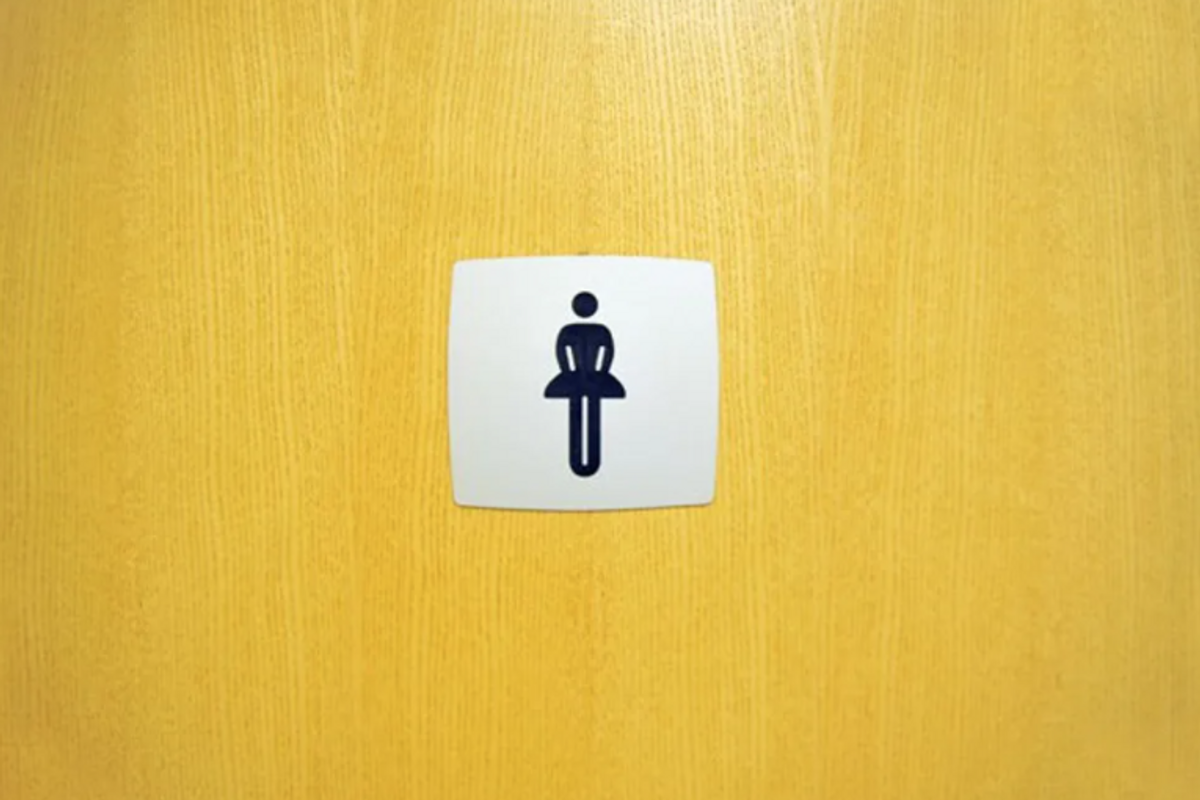
What Your Poop May Be Telling You
Your embarrassing questions, answered.
Mar 10, 2015
Jun 21, 2021
Your Body
Learn about our editorial policies

Your embarrassing questions, answered.
What is considered a healthy bowel movement?
Healthy bowel movements are generally soft, smooth and easy to pass. The Bristol Stool Form Scale—a scale that classifies bowel movements into seven numbered categories—may help you better understand your bowel movements. The scale provides seven basic categories of bowel movements:
Type 1 consists of separate, hard lumps that are shaped like nuts and difficult to pass
Type 2 is sausage-shaped, but lumpy
Type 3 looks like a sausage, but with cracks on the surface
Type 4 is soft and smooth and looks like a thin sausage or snake
Type 5 consists of soft blobs with defined edges
Type 6 is fluffy pieces with ragged edges that are easy to pass
Type 7 is entirely liquid, with no solid pieces
For most people, types #3, #4 and #5 may be the healthiest types of bowel movements. Types #1 and #2 may be too hard and may indicate constipation, while types #6 and #7 may be too soft and may indicate diarrhea. In short, an ideal #2 may not be a #2. For most people, it's somewhere between #3 and #5. Keep in mind the Bristol Stool Form Scale is not intended to serve as a diagnostic tool. If you are experiencing constipation, abdominal pain or any other gastrointestinal symptoms, make an appointment with your health care professional.
What is considered constipation?
A common condition, especially among women, constipation is generally defined as having fewer than three bowel movements per week, having difficulty while passing a bowel movement, or both. Signs and symptoms of constipation may include hard or lumpy stools, straining, or incomplete bowel movements. Some people with constipation may also experience abdominal discomfort or bloating. Types #1 and #2 on the Bristol Stool Form Scale are in the constipation range for most people.
The most common causes of constipation include stress, lack of exercise, not drinking enough water and inadequate dietary fiber intake. Changes to your normal routine, such as travel, can also cause constipation. In addition, pregnancy can make bowel movements less frequent, as can certain medications.
In some people, constipation can keep coming back. As many as 35 million adults suffer from chronic idiopathic constipation (CIC), which is constipation without a known cause, and as many as 13 million adults suffer from irritable bowel syndrome with constipation (IBS-C), one of the three major subtypes of IBS.
In rare cases, constipation can signal something more serious, such as a bowel obstruction, hypothyroidism, neurological disease or cancer, so it's important to get recurring constipation checked by your health care provider.
What should I do if I become constipated?
Most people become constipated at some point in their lives. If you have a short-term bout of constipation, try some lifestyle changes. Check with your health care provider about bumping up your activity level and make sure to eat plenty of dietary fiber and to drink six to eight 8-ounce glasses of water per day. Good sources of dietary fiber include fruits, vegetables, beans and whole grains. Check out these foods that fight constipation.
If your constipation persists or goes away and then comes back, make an appointment with your health care professional. In some cases, constipation can signal a more serious health condition, such as a bowel obstruction, cancer, neurological disease or hypothyroidism. Recurring constipation could also indicate a condition like chronic idiopathic constipation or irritable bowel syndrome with constipation, for which prescription medications are approved.
Talk openly and honestly with your health care provider about your symptoms and give all the details. Don't be embarrassed; health care providers talk about bodily functions every day, and the more your provider knows, the better he or she will be able to manage your condition.
What treatment options are available?
Candidly discussing your constipation symptoms with your health care professional can help determine how best to manage your condition. This may include dietary and lifestyle changes or over-the-counter medicines to treat occasional constipation. However, they are not intended for long-term treatment of constipation without the oversight of a doctor. Prescription medications are available for the treatment of chronic constipation.